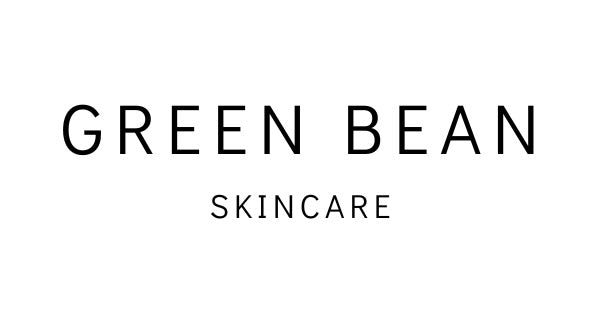What is Exfoliation?
Exfoliation refers to the process by which dead skin cells are removed or shed from the surface of the skin, unveiling the fresh, new, radiant skin underneath.
Our Skin's Natural Exfoliation Process
Our skin is beautifully designed with its own natural exfoliation cycle by which our cells perpetually renew themselves.
Epidermal turnover is the cycle by which our Stratum Basale* Keratinocytes* transform into Corneocytes* as they age and move up through the layers of the skin, eventually shedding from the Stratum Corneum*. These cells gradually transform in biology and shape from fresh & plump to flat & hardened as they prepare to fulfill their protective role on the outer layer of the skin. Once they reach their destination they solidify and become what we see and refer to as "skin".
Corneocytes* form a strong, tough shield that is held together by a matrix of lipids which work to fortify the skin barrier and lock in moisture. The cells eventually expire, becoming Squame* and shed through Desquamation*, making way for brand new cells.
In a young adult with relatively healthy skin, the Epidermal turnover rate (Stratum Corneum transit time) by which the cells move from the Stratum Basale* to shedding from the Stratum Corneum*, takes approximately 28 days. As we age, this rate in which our Epidermis is completely replaced and renewed varies and slows down.

Challenges to Natural Exfoliation
Although our skin is equipped with its own natural exfoliation cycle, it faces a unique set of challenges that slow down its natural turnover rate. Some of these challenges include:
- The natural aging process
- Environmental aggressors
- Endocrine disruptors can interfere with the body's hormonal balance, affecting the skin.
- UV radiation
- Exposure to bacteria
- Burns, Rashes, Cuts
- Individual lifestyle choices and habits
- Medications
These challenges can wear our skin down and hinder, vary, or slow the natural rate in which it exfoliates. When the epidermal turnover rate diminishes, old Squames* will remain on the surface of the skin for an extended period of time. This build up of dead skin cells can result in:
- A compromised protective skin barrier
- Inflammation
- A weakened Stratum Corneum* makes way for harmful dioxins & pollutins to penetrate deep into the skin, intensifying sensitivity. This can result in an immune response, triggering inflammation of the skin.
- Tough, dry patches
- Flaky skin
- A dull complexion
- Uneven skin tone
- Acne breakouts
- Irregular skin texture
- Dehydration
- The appearance of fine lines and wrinkles
- Premature aging

With all of these things considered, Exfoliation is a fundamental aspect of maintaining optimal skin health, vitality, and appearance.
Herein lies the BEAUTY of exfoliators in skincare! Adding an exfoliator to your skincare routine can work to speed up your skin's exfoliation process! There are a plethora of exfoliating products on the market, such as Physical/Mechanical exfoliants, Enzymatic exfoliants, and Chemical exfoliants. Choosing the one that's right for you can help you get on the road to achieving and maintaining healthy, beautiful, radiant skin!

Consider adding one of these Green Bean products to your skincare routine!
- BAKUCHIOL FACE CREAM
- ROSE TONER
- Stay tuned for a brand new product that we are so excited to be releasing to you very soon! Subscribe to our email list to be notified!
We'd love to hear from you! Leave a comment down below to let us know what skincare exfoliators you use, what you love about them, and your experience with them! We'd love to know if you've learned something new from our blog or to answer any question that you may have about skincare exfoliators.
Reference:
- Stratum Basale - The basal layer. The deepest layer of the Epidermis where new Keratinocytes are formed.
- Keratinocytes - The cells that form the bulk of the Epidermis. These cells produce a fibrous protein called Keratin which provide protection from external damages.
- Stratum Corneum - The top/outermost layer of the Epidermis. The layer where Squame (Dead Keratinocytes, what we refer to as dead skin.) is continually being shed through the process of Desquamation.
- Corneocytes - The cells that form the Stratum Corneum.
- Squame - Dead Keratinocytes.
